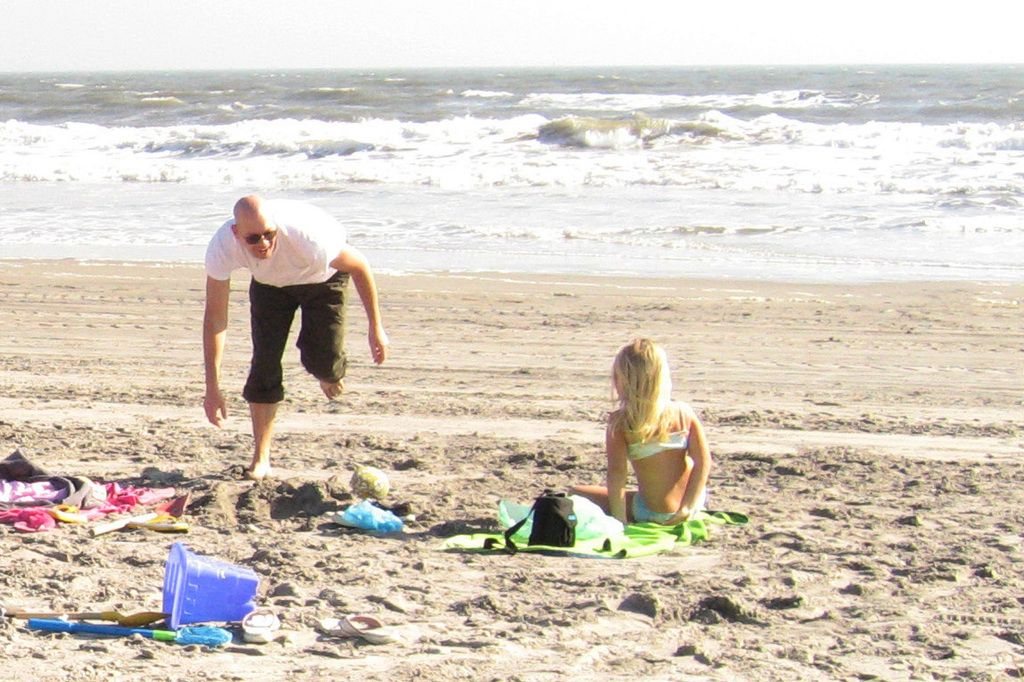Increased Likelihood of Eligibility Lawsuits Emerging Amid NCAA's Revenue Distribution
In the new era of college sports, U.S. District Judge Claudia Wilken's approval of the House settlement has opened up a world of opportunities for athletes to earn cash, with Power Five schools sharing 22% of their athletic revenues each year. However, this decision has also spurred a fresh wave of litigation from seasoned athletes eager to prolong their college careers, butting heads with the NCAA's eligibility rules, which some consider a violation of antitrust law.
The new revenue-sharing agreement, set to bring about $1.6 billion in new compensation for athletes in the first year, is a game-changer for certain sports and power conference schools. But for those athletes who have exhausted their NCAA eligibility yet aren't ready to hang up their jerseys, the four-year limit on eligibility sparks contentious disputes that may challenge the NCAA on antitrust grounds.
One such case involved Vanderbilt quarterback Diego Pavia, whose successful lawsuit against the NCAA paved the way for other athletes to follow suit. Plaintiffs like football players Nyzier Fourqurean, Jett Elad, and Cortez Braham Jr., baseball players Alberto Osuna, Dylan Goldstein, Trey Ciulla-Hall, and basketball players Zakai Zeigler and Ante Brzovic have seen mixed results as various courts with distinct legal precedents weigh their opposing arguments.
The crux of the anti-eligibility-rule argument is that by restricting these athletes' ability to continue playing college sports, the NCAA is impeding access to a labor market, essentially denying them opportunities to earn NIL deals and potentially millions in revenue. As Zeigler, a star basketball player at the University of Tennessee who advocates for a fifth season, succinctly put it, he could stand to earn as much as $4 million in NIL deals if he were eligible to play his fifth season in five years.
Armed with the House settlement, attorneys for athletes like Zeigler may now bring up the loss of revenue shares as further evidence of the economic harm caused by denied eligibility. As the new world of college sports bears a striking resemblance to professional sports, albeit without recognized employee status, it's plausible that antitrust law may have a more substantial role in NCAA eligibility cases moving forward.
Although the NCAA stresses that eligibility matters have generally been considered outside the purview of antitrust law, things could be changing. This shift stems from the fact that college athletes, unlike professional athletes, must maintain academic progress towards a degree, and eligibility rules help align athletic participation with these academic objectives. Some argue that these rules boost the consumer appeal of college sports, justifying their place within antitrust law.
In a recent statement, the U.S. Department of Justice pointed to compelling arguments supporting the notion that current eligibility rules comply with antitrust law, underscoring academic objectives and enhancing the appeal of college sports to consumers.
Regardless, it's clear that the House settlement will not only revolutionize college sports but also the legal landscape surrounding them, as more athletes test the bounds of antitrust law in hope of extending their collegiate careers.
- The House settlement, which enables athletes to earn financial compensation, has led to a surge in antitrust cases challenging the NCAA's eligibility rules, since these rules could impede athletes' access to lucrative Name, Image, and Likeness (NIL) deals that were not previously available.
- As college sports evolve to resemble professional sports, with sharper revenue-sharing agreements, there is growing speculation that antitrust law may play a more significant role in shaping NCAA eligibility cases, potentially expanding opportunities for athletes to extend their collegiate careers.







